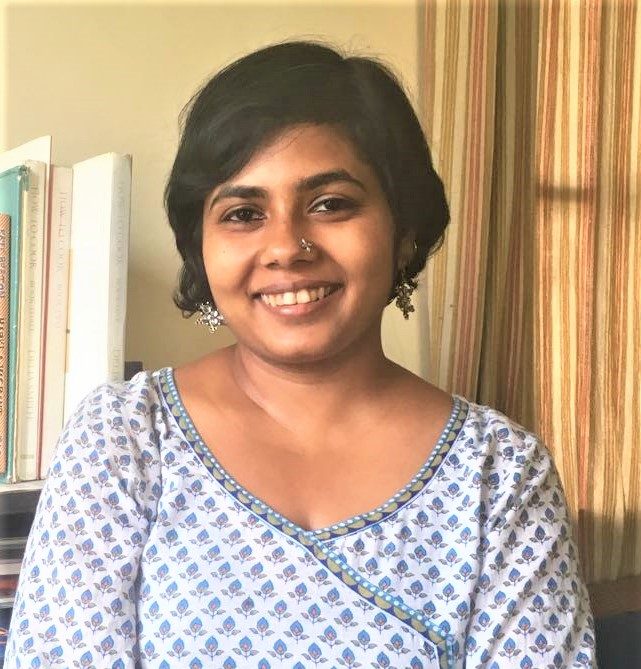
Starting July 2024, NLSIU has embarked on an ambitious research project on promoting women’s leadership in court-centred legal practice in India.
Project Overview
Women formally entered the profession in the country through the Legal Practitioners (Women) Act, 1923. Up until then, women could not practice law. The change in law was prompted by the experience of Ragina Guha. After completing her law degree from Calcutta University, Regina Guha applied to be admitted to practice in the Alipore district court. However, her application was rejected on the ground that women were not “persons” who could be licensed to practice under the Legal Practitioners Act, 1879. Though the Act did not expressly exclude women from practicing law, the Calcutta High Court held that the Act did not intend “such a radical change in the constitution of the profession … as would be caused by the admission of women.” This was in 1916. It would take until 1923 for the legislature to pass the Legal Practitioners (Women) Act, allowing women to practice law in India. By then Regina Guha had passed away and did not get to practice law only because she was a woman.
A century later, the profession still lacks adequate representation of women at all levels. While women in India today enrol for law degrees and court-centred legal practice in large numbers, their representation in practice remains small: as of 2022, women make up only around 15% of the nearly 1.8 million lawyers admitted to practice in the country. Women’s representation falls even further in leadership and decision-making positions within the profession: just 3.4% of designated Senior Advocates are women. The Bar Council of India does not have a single woman while only 9 out of 441 (2.04 %) elected posts across the state bar councils are women.
Objective
Through evidence-based research, the project seeks to highlight structural barriers hindering women’s participation and growth at different levels. Drawing from the research, the project will design and implement suitable collectivising and empowerment initiatives and engage with stakeholders to foreground systemic reform. These elements, we believe, will generate conditions for change-making efforts by women lawyers and galvanize a radical change in legal practice, interpretation, and justice delivery, especially for marginal communities.
Expected Outputs
As a first step, the project will develop a strategy and vision document that will explain main problems with the legal profession as it impacts women’s participation and growth; articulate a reform vision; and identify change strategies based on consultations with the key stakeholders. The strategy document will be ready by March 2025 and will shape the University’s research and intervention activities on this subject.
The project is supported by DASRA, US.







